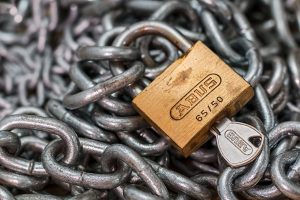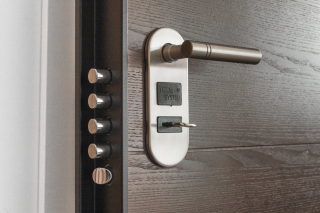Firearms add special rules to estate planning and probate. Whether you own hunting rifles, family heirlooms, or regulated items like suppressors, you need a plan that respects federal and Texas law while keeping your family safe. With the right documents, transfers happen smoothly, no one breaks the law by mistake, and cherished items land with the people you choose.
Understand What You Own
Inventory each firearm with make, model, caliber, and serial number. Note accessories such as suppressors or short-barreled rifles that may be regulated under the National Firearms Act (NFA). Keep purchase records, ATF forms, and photos in a dedicated folder. This one list guides your executor and helps law enforcement confirm lawful possession during transitions.
Consider A Gun Trust For Flexibility
A properly drafted gun trust holds firearms during your life and after your death. Trustees and approved beneficiaries may lawfully possess and use the items named in the trust, subject to federal and state law. For NFA items, the trust streamlines who can handle and store them, avoids accidental felonies, and preserves privacy by limiting what ends up in the public probate file. A trust also creates continuity if you become incapacitated; the successor trustee can secure and maintain the collection immediately.
 Houston Estate Planning and Elder Law Attorney Blog
Houston Estate Planning and Elder Law Attorney Blog




